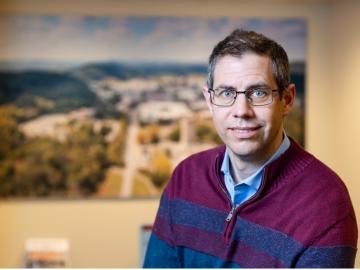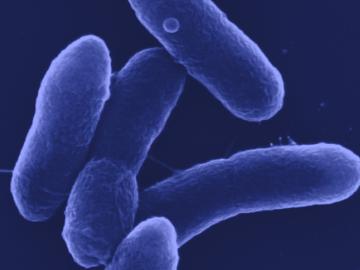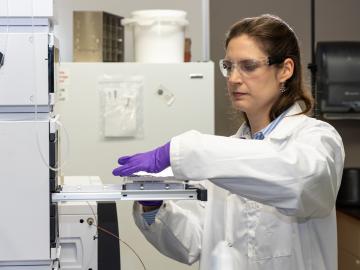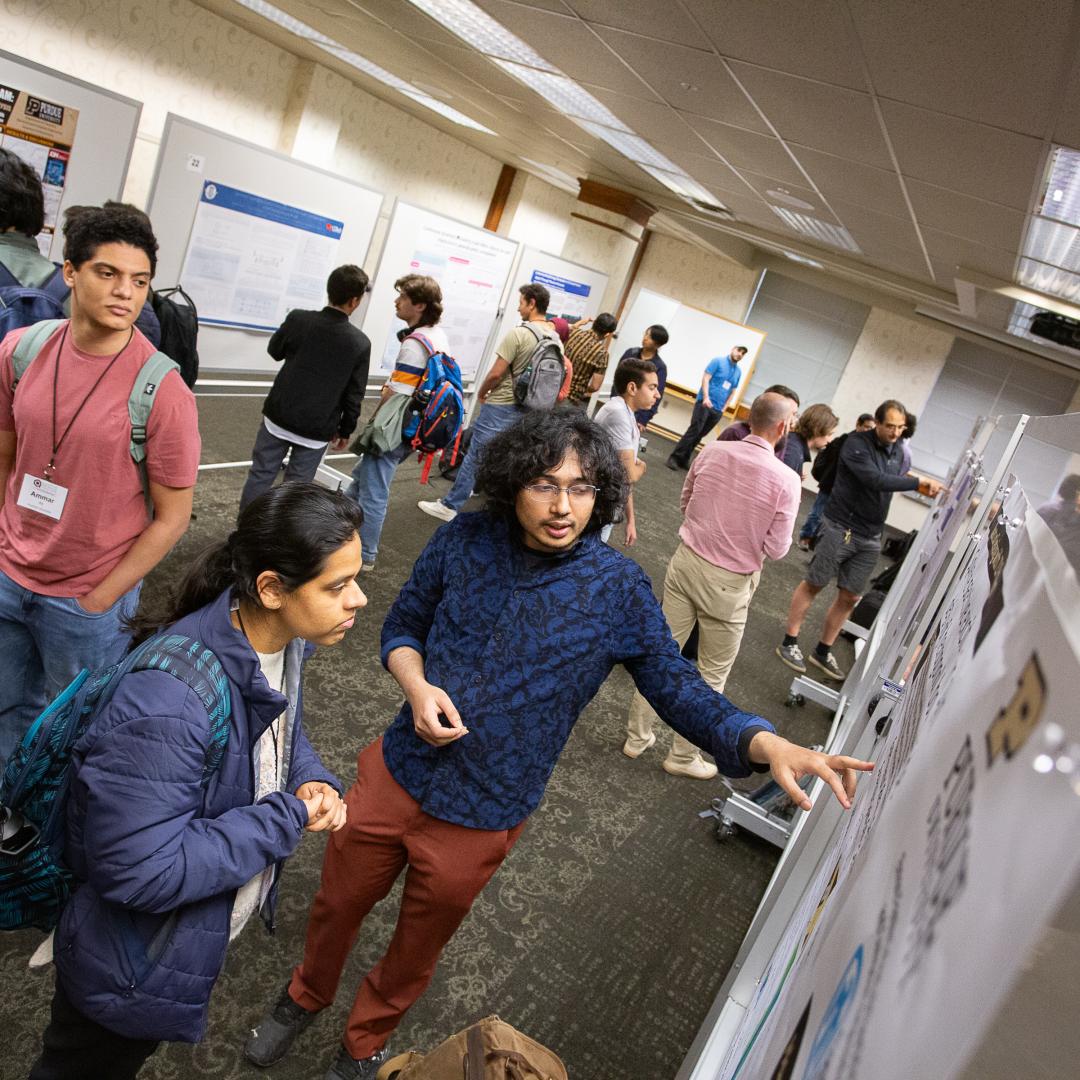Filter News
Area of Research
News Type
News Topics
- (-) Bioenergy (5)
- 3-D Printing/Advanced Manufacturing (33)
- Artificial Intelligence (2)
- Big Data (2)
- Biology (3)
- Biomedical (4)
- Biotechnology (1)
- Buildings (19)
- Chemical Sciences (2)
- Clean Water (5)
- Climate Change (8)
- Composites (9)
- Computer Science (10)
- Coronavirus (6)
- Critical Materials (5)
- Cybersecurity (2)
- Decarbonization (12)
- Energy Storage (34)
- Environment (22)
- Grid (21)
- High-Performance Computing (1)
- Hydropower (2)
- Machine Learning (2)
- Materials (17)
- Materials Science (13)
- Mathematics (2)
- Mercury (2)
- Microscopy (4)
- Nanotechnology (2)
- National Security (1)
- Net Zero (2)
- Neutron Science (28)
- Nuclear Energy (2)
- Physics (1)
- Polymers (5)
- Quantum Science (1)
- Security (2)
- Simulation (1)
- Space Exploration (3)
- Statistics (1)
- Summit (1)
- Sustainable Energy (33)
- Transportation (37)
Media Contacts

Nonfood, plant-based biofuels have potential as a green alternative to fossil fuels, but the enzymes required for production are too inefficient and costly to produce. However, new research is shining a light on enzymes from fungi that could make biofuels economically viable.

The presence of minerals called ash in plants makes little difference to the fitness of new naturally derived compound materials designed for additive manufacturing, an Oak Ridge National Laboratory-led team found.

What’s getting Jim Szybist fired up these days? It’s the opportunity to apply his years of alternative fuel combustion and thermodynamics research to the challenge of cleaning up the hard-to-decarbonize, heavy-duty mobility sector — from airplanes to locomotives to ships and massive farm combines.

A research team led by Oak Ridge National Laboratory bioengineered a microbe to efficiently turn waste into itaconic acid, an industrial chemical used in plastics and paints.

Early career scientist Stephanie Galanie has applied her expertise in synthetic biology to a number of challenges in academia and private industry. She’s now bringing her skills in high-throughput bio- and analytical chemistry to accelerate research on feedstock crops as a Liane B. Russell Fellow at Oak Ridge National Laboratory.




